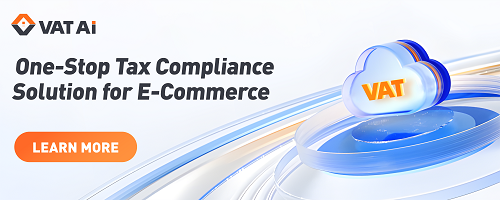In order to further minimise the need to register in a Member State where the taxation of a domestic B2B supply occurs, the modification in Article 194 renders mandatory for the Member States to accept the application of the reverse charge mechanism where a supplier, who is not established for VAT purposes in the Member State in which VAT is due, makes supplies of goods to a person who is identified for VAT in that Member State. This reform will ensure that, in such circumstances, the supplier who is not identified there, does not have to register in that Member State. Further, the modification excludes supplies of margin scheme goods from the mandatory application of the reverse charge mechanism. To ensure adequate follow-up of the goods, this type of supplies is now to be mentioned in the recapitulative statement as referred to in Article 262.
The proposed text of Art. 194 mention that ”Member States should allow”, it is understood that the non-resident entity will have the option to shift the VAT liability to its customer identified for VAT in that Member State instead of charging VAT. This avoid the non-established entity to be VAT registered in the country where the transaction takes place. Downside is that the non-established entity will have to ask for refund of any input VAT paid via the 8th or 13th VAT Directive, which can be a lengthy process. Hence, a non-established entity may still have all interest to be VAT registered in the country where the transaction takes place and charge VAT to its customer.
Impact on Recapitulative statements
Supplies of goods and services subject to the reverse charge mechanism in accordance with Article 194 will also be included in the recapitulative statements and consequently in the digital reporting requirements.
New Article 194 (Liability to pay VAT)
1. Without prejudice to Articles 195 and 196, where the taxable supply of goods or services is carried out by a taxable person who is not established in the Member State in which the VAT is due, Member States shall allow that the taxable person liable for payment of VAT is the person to whom the goods or services are supplied if that person is already identified in that Member State.
2. Paragraph 1 shall not apply to a supply of goods carried out by a taxable dealer as defined in Article 311(1), point (5), where the goods are subject to VAT in accordance with the special arrangements provided for in Section 2 of Chapter 4 of Title XII of this Directive.’
See also
- ViDA Analyzed – Part 1: E-invoicing will be the general rule for the issuance of invoices – Legal basis
- ViDA Analyzed – Part 2: 2 days deadline for the issuance of invoices on intra-Community supplies
- ViDA Analyzed – Part 3: Elimination of the possibility to issue summary invoices
- ViDA Analyzed – Part 4: Content of invoice – More data elements added to allow automation of process reporting (Art. 226)
- ViDA Analyzed – Part 5: Call-Off Simplification (Art. 17a) introduced via the Quick Fixes will cease to exist
- ViDA Analyzed – Part 6: Digital reporting system for intra-Community transactions: Articles 262 to 271
- ViDA Analyzed – Part 7: Digital reporting system for supplies of goods and services for consideration carried out within the territory of one Member State: Articles 271a to 273
- ViDA Analyzed – Part 8: Platforms: Articles 28a, 46a, 135 (3), 136b, 172a, 242a, 306
- ViDA Analyzed – Part 9: Single VAT Registration (SVR) and improvements to the existing e-commerce rules and the margin scheme
Join the LinkedIn Group on ”VAT in the Digital Age” (VIDA), click HERE















